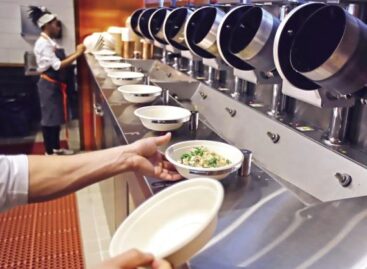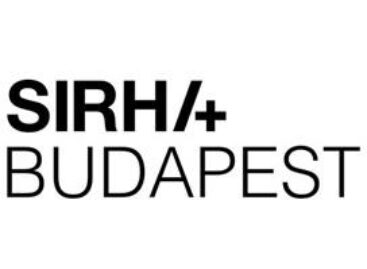Canteens are getting more expensive, but quality is sustainable – public catering faces major challenges
School canteens are an everyday part of children’s lives, while parents and local governments are increasingly concerned about how to maintain quality despite rising costs. Anna Zoltai, president of the Hungarian Association of Public Catering Operators and Catering Managers (KÖZSZÖV), and Dr. Pál Kovács, vice president of economics, spoke to Pénzcentrum about the current state and prospects of public catering.
Price pressure and different pricing
 Parents faced higher canteen prices nationwide this fall, in some places with increases of up to 50 percent. In all cases, the determination of prices is the prerogative of local governments, so there are significant differences between settlements and institutions. According to KÖZSZÖV’s calculations, there has been an average price increase of 4 percent since January 2025.
Parents faced higher canteen prices nationwide this fall, in some places with increases of up to 50 percent. In all cases, the determination of prices is the prerogative of local governments, so there are significant differences between settlements and institutions. According to KÖZSZÖV’s calculations, there has been an average price increase of 4 percent since January 2025.
Cost sharing and state norms
Public catering is financed from three sources: 55 percent from state support, 23 percent from local government contributions and 22 percent from parental contributions. The state norm for 2025 is 140 billion forints, which also covers wage costs, utilities, developments and social-based payments.
Quality and sustainability
The leaders of KÖZSZÖV emphasized that the current budget frameworks make it possible to ensure adequate quality. At the same time, reducing food waste is a key challenge: according to surveys, 27–40 percent of cooked food ends up as waste, mainly in the case of soups and less popular dishes. The introduction of free-to-eat catering models could significantly reduce waste, by up to 80 percent.
From a sustainability perspective, public catering establishments are required to source 80 percent of their ingredients from short supply chains and local producers. However, increasing the proportion of ingredients from organic farming is currently hampered by limited supply and higher prices.
Related news
The Year of the Horse – Culinary trends in 2026
🎧 Hallgasd a cikket: Lejátszás Szünet Folytatás Leállítás Nyelv: Auto…
Read more >Related news
Lidl guarantees fairer prices for cocoa farmers
🎧 Hallgasd a cikket: Lejátszás Szünet Folytatás Leállítás Nyelv: Auto…
Read more >40 secure jobs, sustainable solutions – new BURGER KING® in Csepel
🎧 Hallgasd a cikket: Lejátszás Szünet Folytatás Leállítás Nyelv: Auto…
Read more >







